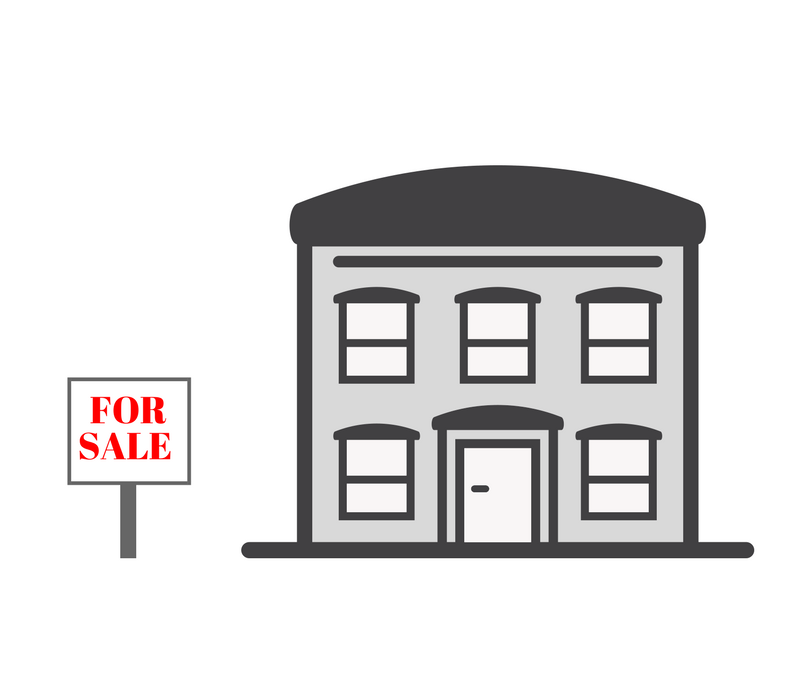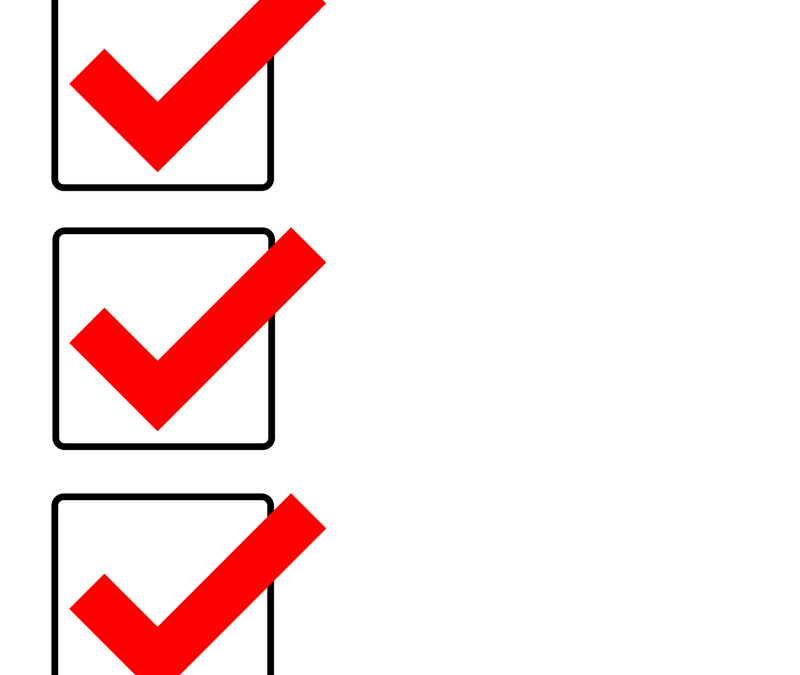A foreclosed house was a common occurrence in 2008 during the housing crisis. After many owners lost their homes to foreclosure, there were many people who used the opportunity to purchase houses at low prices.
While there are not nearly as many foreclosed homes available, there are still opportunities available to potential homeowners and investors. With any foreclosed homes there are problems that can come, so be careful not to get stuck in a money pit.
Finding a Foreclosed House
It is easy to find foreclosed properties to purchase. It is harder to find a foreclosed property that is in good shape and worth the investment. These properties have been taken from their owners because of extreme financial disaster. The homeowner is not worrying about taking care of the house or the yard, they are simply trying to pay their bills.
Many foreclosed houses have major problems. Some houses are too damaged and will cost the new owner a lot of money to get into working order. The problem with purchasing and looking at a foreclosed house is the fact the bank is selling “as is.” Any problems that are found, or anything that is learned later, is the new owner’s problem. The bank is not going to foot the bill to fix anything in the house.
Time is Money
The amount of time that a property has sat empty is a huge factor in quality. With varying weather conditions, the house and pipes may have had problems with freezing and flooding. This can cause the structure of the house to falter and break. Any major issues, like foundation problems, would disqualify a homeowner from using a conventional mortgage option.
Do Research First
While a bank will not fix any problems that are found, an inspection is a step that a homeowner should not skip. Even if the problems that are found are too expensive to fix, it is better to learn before purchasing a house rather than when the house is tied to a 30-year mortgage. With the information from an inspection, an estimate of what it will cost to fix the house can be created.
Attempt a Contingency
During a typical home sale, contingencies are common. Sellers and buyers can expect to see contingencies tied to an offer. In a foreclosed house sale, the bank has the ability to deny any contingency.
That does not mean a buyer cannot try to save them from losing money. An important one to add to any offer is a financing and inspection contingency. This will help a buyer keep their deposit money and the ability to walk away from the house that another lender will not finance.
Title Problems
Title problems can create a lot of problems for a homeowner. If there are any liens or other financial obligations tied to the house, the new owner will be responsible for these payments. Doing a title search before purchasing the house can save a homeowner from taking on debt from the previous owner. Some banks do clear these problems, but it is always better to check rather than assume.
Many homeowners jump at the chance to purchase a foreclosed house. These properties can sell for well below the average price in the neighborhood and can seem like a great deal. Sometimes there are houses that can be purchased cheaply and fixed for a low price. Other deals turn into a nightmare when the house is damaged beyond repair. Buying a foreclosure can be a wonderful opportunity if the buyer pays attention to these five crucial areas.





